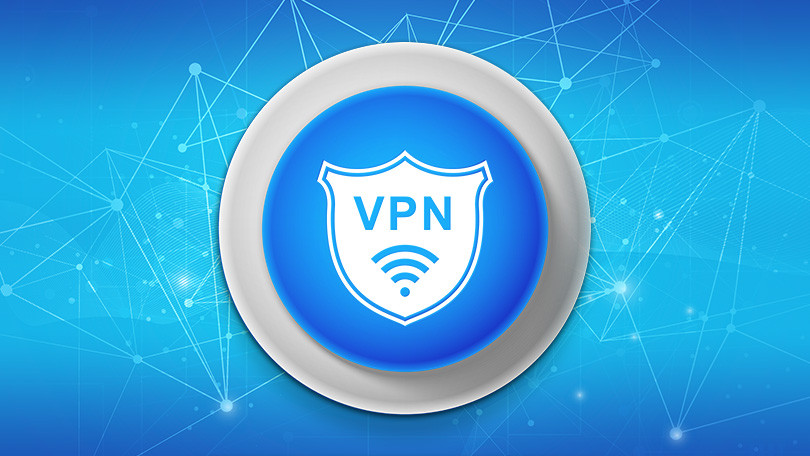The chances are, you’ve probably already heard the term VPN. However, the chances are equally high that you don’t fully understand what this is. But don’t worry, you are not alone! Despite being an increasingly popular piece of software, most users do not fully understand what VPN’s (Virtual Private Network) are or how they work. To answer these questions in full would take far more space than this article allows. However, we will attempt to cut through the confusion and outline the basics you need to know, below.
Increased Protection
For many people, digital privacy has become a major issue. This has also become one of the major selling points of VPN’s. While it’s true that a VPN will add an extra layer of protection, you should not think of it as infallible.
There are, however, some definite benefits to be had. Most notably, this includes data protection when signing into any unknown Wi-Fi network, be it at a cafe, bar, or airport. This can be particularly useful for smartphone users who regularly use such networks to preserve their monthly sim card allowance. This works by the VPN encrypting every piece of data which flows between your computer and the internet. While it’s not unbreakable, it is a significant hurdle for would-be-thieves to overcome.
Cloaked Identity
A popular misconception of using a VPN is that it allows you to surf the web anonymously. As you’ve already guessed, this simply is not true. Likewise, they won’t offer any protection against malware or other forms of computer viruses. What they do is help to mask your activities. In short, this will help hide the locations of both yourself and the sites you’re accessing. It is this feature which which provides a strong reason for many people to choose to use a VPN.
Tunnelling Through The Great Walls
The most practical benefit for many users is avoiding censorship. Countries such as China and Russia employ heavy restrictions on internet usage. This means for users in these countries, websites such as Facebook and Google are out of bounds.
Using a VPN can allow access to these sites by breaking through these virtual walls. However, it’s important to note that this action requires specific settings from a VPN. It should also be noted that the use of a VPN for such activity is considered illegal by many of these countries.
Trusted Services
While a VPN may not provide the ultimate answer to internet security, they have much to offer. This security, however, is only as reliable as the company which provide it. Although a VPN will protect against your ISP selling on your information, there have been stories of VPN providers also doing this. However, there are now many VPN providers in the marketplace.
Because all of your information is effectively put into the VPN providers hands, you need to be sure they’re as honest as their claims. Therefore, choosing a credible service provider is essential to your internet safety. For anyone interested in obtaining a VPN, doing your research is imperative. Luckily, there are many reliable sources of information to help further your knowledge, such as online guides to the best VPN Canada offers.
